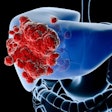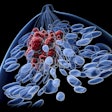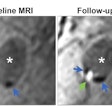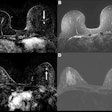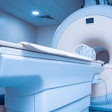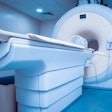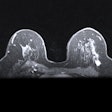Dear AuntMinnie Member,
What were the top trends at the just-concluded RSNA 2016 show in Chicago? It's always tough to give a complete overview of such a massive conference, but our editorial staff takes a crack at it in a new article in our RADCast @ RSNA special section.
While clinical topics are always hot at any RSNA show, much of the discussion in the halls of McCormick Place this year concerned looming changes to the U.S. healthcare system following the election of Donald Trump as president. Mr. Trump has promised to repeal the Affordable Care Act and, in general, reduce the regulatory burden on physicians.
Other major trends include the emergence of artificial intelligence in radiology and the debate over the persistence of gadolinium deposits in patients long after they have received MRI contrast. Find out what else was hot by clicking here, or go to rsna.auntminnie.com.
More on gadolinium
While we're on the subject of gadolinium, visit our MRI Community for the latest on this important topic.
Researchers from Germany performed a study in which they searched for signs of gadolinium deposition in patients who received macrocyclic gadolinium agents, as opposed to the linear agents that have previously been linked to contrast retention. They found no signs of gadolinium deposition, which perhaps indicates that the macrocyclic agents are more stable.
Is this a breakthrough in the gadolinium debate? You can decide for yourself, but first read the article by clicking here, or visit the MRI Community at mri.auntminnie.com.
VA backs off on nursing proposal
More good news for radiology came out this week when the U.S. Department of Veterans Affairs (VA) scaled back a proposal that would have given nurses with advanced training the ability to perform and interpret imaging exams. Read more by clicking here.


.fFmgij6Hin.png?auto=compress%2Cformat&fit=crop&h=100&q=70&w=100)


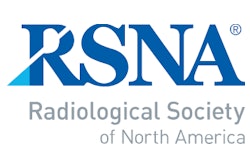

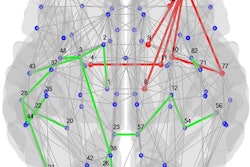
.fFmgij6Hin.png?auto=compress%2Cformat&fit=crop&h=167&q=70&w=250)

